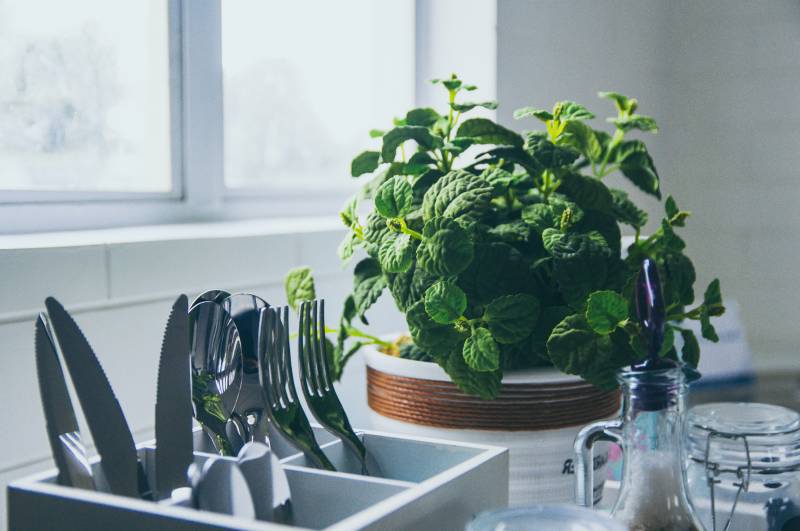Living Away From Pests – Arm Your House Against Mosquitoes

It is inevitable that mosquitoes will swamp in places that are dark, surrounded with plants and has stagnant water. Living with mosquitoes can relay a lot of diseases and skin problems, thus it is important to lessen or eradicate them before they dominate your house.
There are chemically formulated products that are created to repel mosquitoes such as sprays, lotion, ointments just to name a few. These products can temporarily solve the problem, but it will mean you will have to buy the product again to repeat the process. The best thing to do when you are living in an area dominated by mosquitoes is to swamp your house with mosquito repellant plants. Not only they can beautify your house, but it will also help maintain mosquito-free surroundings. Here are a few examples of mosquito-repellant plants:

BASIL
Basil is typically used as pesto sauce or added to salads. It is commonly known as food. The aroma it excretes is pungent and it is toxic to mosquito larvae. Hence, if you have stagnant water in your house, it is ideal to plant or put several pots of basil around the area to prevent mosquitoes from laying eggs.
CATNIP
Catnip is a kind of plant that contains a chemical called nepetalactone. Nepetalactone is a robust mosquito repellant and weirdly attracts felines. The chemical found in Catnip added to other chemicals elevates its effectivity, even stronger than DEET. DEET is a chemical used to formulate most insect repellant products. Catnips are typically easy to grow, but it could be sometimes too invasive in garden surroundings.

CITRONELLA
Citronella is one of the most commonly used to create mosquito repellant products. The strong aroma it emits mask the other scent in the area that attracts mosquitoes. Citronella is a low-maintenance plant that does not require much supervision as it grows. Some citronella plants that have the same effects are citronella grass and citrosum.
LAVENDER

Lavender is known to its beautiful calming aroma. Aside from its pampering scent, lavender is one of the plants that repel insects, mosquitoes included. There are various kinds of lavender plants. Some can thrive better in cold areas, some grow better someplace warm. Hence, it’s better to know the kind of lavender you have so you can choose what best fits in your backyard.
LEMONGRASS
Lemongrass contains a high level of a substance called citral. It is an oil used to repel mosquitoes or added to other extracts for insect repellant products. Lemongrass’ other name known to many is lemon verbena. Lemongrass does not only repel insects but also a great ingredient for soups and other dishes. Lemongrass commonly thrives in warm areas. It is also low-maintenance and grows up to 1 and a half to 2 meters.
PEPPERMINT
Peppermint is one of the got-to mosquito repellant plant. It is easy to grow and somehow it can gorw faster than usual and invade a large portion of space in your garden, which, can be an advantage of you have a lot of mosquitoes around. Peppermint can not only repel mosquitoes, but also can relieve the itching of a mosquito bite.
ROSEMARY
Rosemary is an herb commonly used to elevate the palate of a dish. Rosemary is one way to keep your dish far from insects. Not only it can repel mosquitoes, but it has also great benefits for skin and hair if converted to oil. Rosemary can be thrown to fire conveniently to release an aromatic scent that repels mosquitoes and other insects.
There are other plants that are known and proven that can repel mosquitoes. Arming your surroundings with these kinds of the plant is of advantage and money-saving. Aside from having to enjoy a mosquito-free vicinity, you will also get to live in a safe environment.



